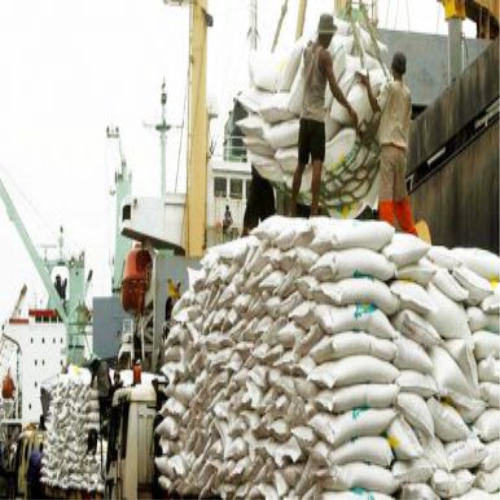Islamabad: Sugar millers are urging the government to permit the importation of raw sugar, enabling them to refine it for export and potentially generating over $3 billion in foreign exchange for Pakistan, reported The News.
The Pakistan Sugar Mills Association (PSMA) conveyed this request in a letter addressed to the interim Commerce and Industry Minister, Gohar Ejaz.
In the letter, the PSMA highlighted that importing raw sugar would enable the sector to operate its mills year-round, significantly contributing to a substantial increase in sugar sector exports. Iskander Khan, the vice chairman of PSMA, praised the minister’s efforts to boost exports and the government’s commitment to importing raw sugar. Khan projected that this initiative could result in a notable increase in sugar sector exports, with an estimated earning potential exceeding $3 billion, surpassing the current annual ethanol exports of over $500 million.
Sources revealed that the Sugar Advisory Board (SAB), comprising representatives from the federal and provincial governments and the sugar industry, met on November 22 under Minister Ejaz’s chairmanship. The board considered a request from sugar millers to export 500,000 tons of refined sugar, which was ultimately turned down. However, Minister Ejaz proposed the alternative of importing raw sugar to maintain year-round mill operations, refine it, and generate foreign exchange and profit.
Iskander Khan, in the letter, acknowledged the minister’s suggestion, stating, “Before your [Gohar Ejaz] valuable comments on the import of raw sugar, we had been denied permission to import raw sugar for refining to earn foreign exchange and ensure the continuation of employment, which is currently only available during the crushing season.”
The sugar industry, operating on a three-month crushing season followed by a nine-month closure period, faces increasing fixed charges, contributing to the overall cost of sugar. Despite being a significant contributor to the economy, making substantial payments to farmers, contributing to the GDP, and generating tax revenues, the sugar industry encounters challenges in exercising its constitutionally guaranteed freedom of trade. The industry advocates for strategic measures, such as providing tax-free sugar through utility stores to underprivileged citizens, instead of recurring interventions disrupting the market mechanism determining sugar prices.












